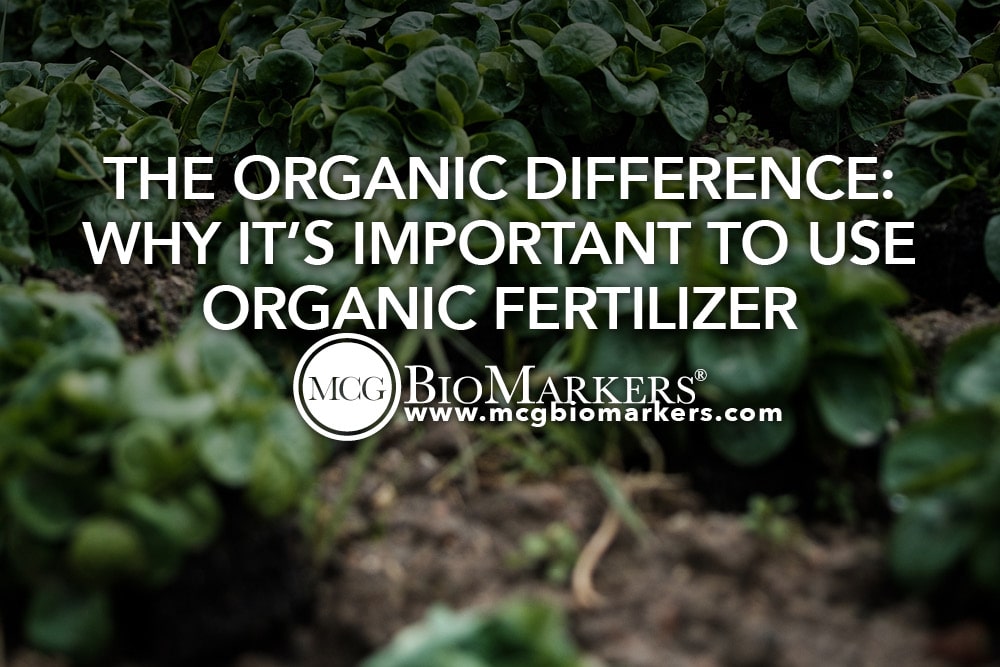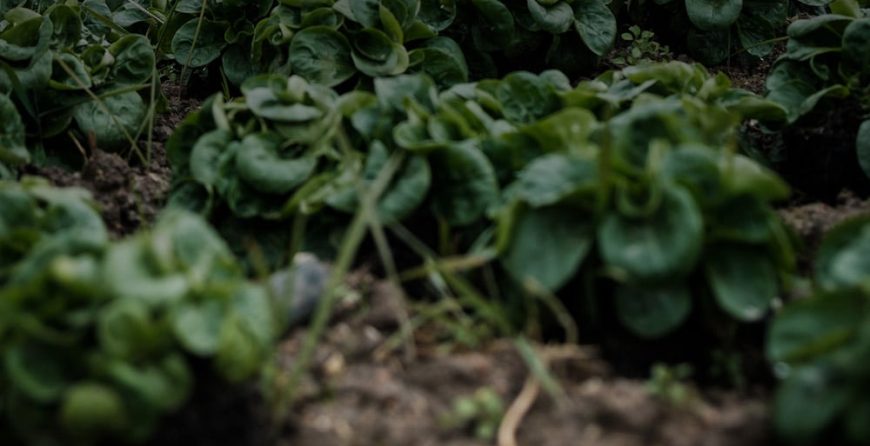 With so many fertilizers on the market today, finding the best one can be difficult. The preference between organic and synthetic fertilizer changes depending on who you ask. Choosing synthetic over organic fertilizer may not seem like a big deal because your plants can’t really tell the difference, but the truth is there is a significant advantage of choosing an organic brand.
With so many fertilizers on the market today, finding the best one can be difficult. The preference between organic and synthetic fertilizer changes depending on who you ask. Choosing synthetic over organic fertilizer may not seem like a big deal because your plants can’t really tell the difference, but the truth is there is a significant advantage of choosing an organic brand.
Organic fertilizers differ from chemical fertilizers in terms of nutrient availability and the long-term effects on the environment, your soil, and your plants.
Let’s take a close look at the benefits of using organic fertilizer and why it’s so important to use it over synthetic options.
1. Minimally processed
In this case, “organic” means that the product is minimally processed. This allows for nutrients to stay in their natural forms whereas with synthetic fertilizers, the nutrients have been extracted and refined. Keep in mind that “organic” fertilizer doesn’t go through the same standards of processing as organic food.
2. Made from natural materials
Most organic fertilizers are made with plant and animal waste or powdered minerals. The most common examples are manure, compost, worm castings, and cottonseed meals. Fertilizers made with organic materials such as worm castings are rich with live biological organisms, making them the richest fertilizer known to humans.
Organic gardeners are turning to worm castings because they’re proven to stimulate plant growth more than any other natural product available. Plants absorb this kind of fertilizer faster than synthetic varieties.
3. Soil conditioning
Organic fertilizers release nutrients as they break down. At the same time, they improve the structure of your soil by increasing its ability to retain water and nutrients. With consistent use, the organic fertilizer will make your soil and plants healthy and strong.
The next time you head to your local garden center, look for the items labeled as “soil conditioners” rather than fertilizer. The nutrient ratios in these products are difficult to maintain, so they could be processed in a factory or on a farm.
4. Slow releasing
Natural fertilizers release slower than their synthetic counterparts, making it difficult to over-fertilize your garden.
5. No build-up
Synthetic fertilizers will build-up in your garden year after year. This toxic build-up is harmful to plants, which means you’ll have a difficult time getting anything to grow.
6. Organic options are renewable
Organic fertilizers are made of all natural ingredients, which means they’re sustainable, renewable, biodegradable, and environmentally friendly.
7. You can make them yourself
A lot of gardeners are going organic, which means the demand for natural products is high. There are several organic fertilizer options out there, but if they’re out of your ideal price range, you can make your own.
To make your own organic fertilizer, simply compost or look for inexpensive sources for ingredients such as local dairy farms that offer composted manure.
One thing to keep in mind
If you’re just starting to work with organic fertilizers, you should remember that they break down differently than synthetic options. The organic options will break down according to nature’s rules, so you have to be patient. Seldom will you see a dramatic change overnight, but if you stick with it, you’ll get the growth results you’re aiming for.



hey there and thank you for your info – I’ve definitely
picked up anything new from right here. I did however expertise a
few technical points using this website, since I experienced to reload the website
lots of times previous to I could get it to load correctly.
I had been wondering if your web hosting is OK? Not that I am complaining, but slow loading instances times will
often affect your placement in google and could damage your high quality score
if advertising and marketing with Adwords. Anyway I am adding this RSS
to my e-mail and could look out for much more of your
respective intriguing content. Make sure you update this again soon..
Escape rooms
The content is rich in information as it is one of kind as most other products use totally different materials.
Sam